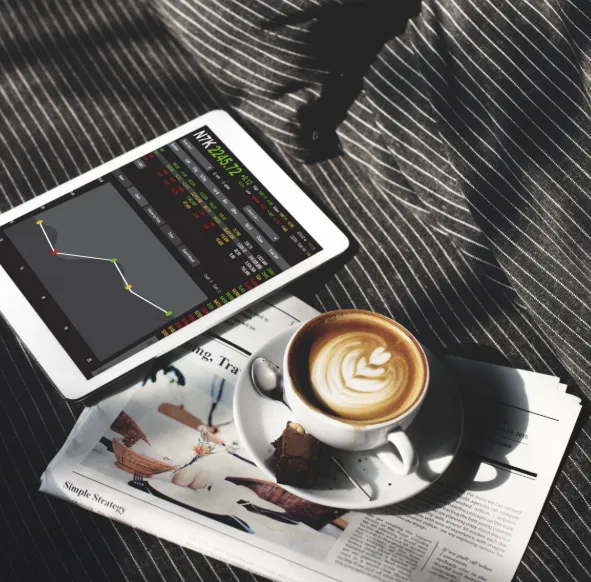Retail trading has grown rapidly in recent years, thanks to increased accessibility, intuitive platforms, and the ability to manage trades from anywhere in the world. While the goal of making money is a clear draw, there are many other compelling reasons why people are stepping into the world of trading on their own terms.
Below, we explore ten key reasons why retail trading appeals to so many, especially those seeking more control, flexibility, and financial literacy.
1. Opportunity for Profit
Retail trading gives individuals the ability to benefit from market fluctuations across a wide range of assets. With minimal setup and user-friendly platforms, it’s possible to begin trading within hours of opening an account. Many platforms also offer leverage, allowing traders to take larger positions with smaller amounts of capital. While this increases both upside potential and risk, it’s part of what makes trading appealing to those willing to manage their exposure carefully.
2. Direct Control of Your Investments
One of the most attractive aspects of retail trading is the autonomy it offers. You’re in charge of every trade you place—when to enter, when to exit, and how much capital to allocate. This hands-on approach empowers you to tailor your investment decisions around your financial goals, preferred assets, and personal risk tolerance.
3. A Practical Learning Experience
Trading provides an excellent opportunity to learn how financial markets work. As you explore different instruments and strategies, you gain a deeper understanding of economic data, global trends, and market behavior. This process helps sharpen decision-making skills and builds financial literacy that extends beyond the trading screen.
4. Easy Access and Low Barriers to Entry
Modern platforms have made trading more accessible than ever. All you need is an internet connection and a device to get started. Many brokers offer demo accounts, which allow you to practise with virtual money before committing real funds. Once you’re comfortable, transitioning to a live account with a small deposit is straightforward.
5. Portfolio Diversification
Retail trading allows you to expand your exposure across different asset classes, sectors, and geographic regions. Whether you’re trading equities, forex, commodities, or crypto, diversification can help balance your overall risk. This flexibility enables traders to build portfolios that reflect both their interests and risk preferences.
6. The Potential for Passive Income
While retail trading is often associated with active buying and selling, longer-term positions—particularly in dividend-paying stocks—can offer passive income. Reinvesting those dividends and compounding returns over time can contribute meaningfully to wealth creation, especially when combined with disciplined trading practices.
7. A Supportive Trading Community
Trading doesn’t have to be a solitary activity. Many online communities provide spaces where traders can share strategies, compare insights, and learn from one another. Forums, webinars, and social trading platforms create opportunities to connect with others at various levels of experience.
8. Intellectual Challenge and Fulfillment
For those who enjoy analysis and strategic thinking, trading can be highly rewarding. Reading charts, interpreting economic reports, and reacting to breaking news requires sharp focus and critical thinking. When trades go well as a result of your planning and patience, the sense of achievement is deeply satisfying.
9. Custom Strategy Development
Retail trading is highly adaptable. Whether you’re interested in short-term momentum trades, longer-term trends, or a mix of both, you can craft a strategy that fits your schedule and style. With demo accounts and backtesting tools, you can experiment and refine your approach without risking capital upfront.
10. Tax Efficiency Opportunities
Depending on where you live, trading may come with certain tax advantages. Some jurisdictions offer tax-deferred or tax-free accounts that allow profits to grow without immediate tax implications. Additionally, certain types of accounts or trading vehicles, like spread betting in the UK, may provide tax-free gains. Always consult local regulations or a tax advisor to understand what applies to you.
Final Thoughts
Retail trading offers more than just the chance to turn a profit—it delivers personal growth, flexibility, and a real-world education in finance. While there are risks involved, these can be managed with preparation, self-discipline, and the willingness to continue learning. For those who approach it thoughtfully, retail trading can be a powerful tool to build wealth and financial confidence.













